Home>Interior Design>Should You Sleep With Your Bedroom Door Open?
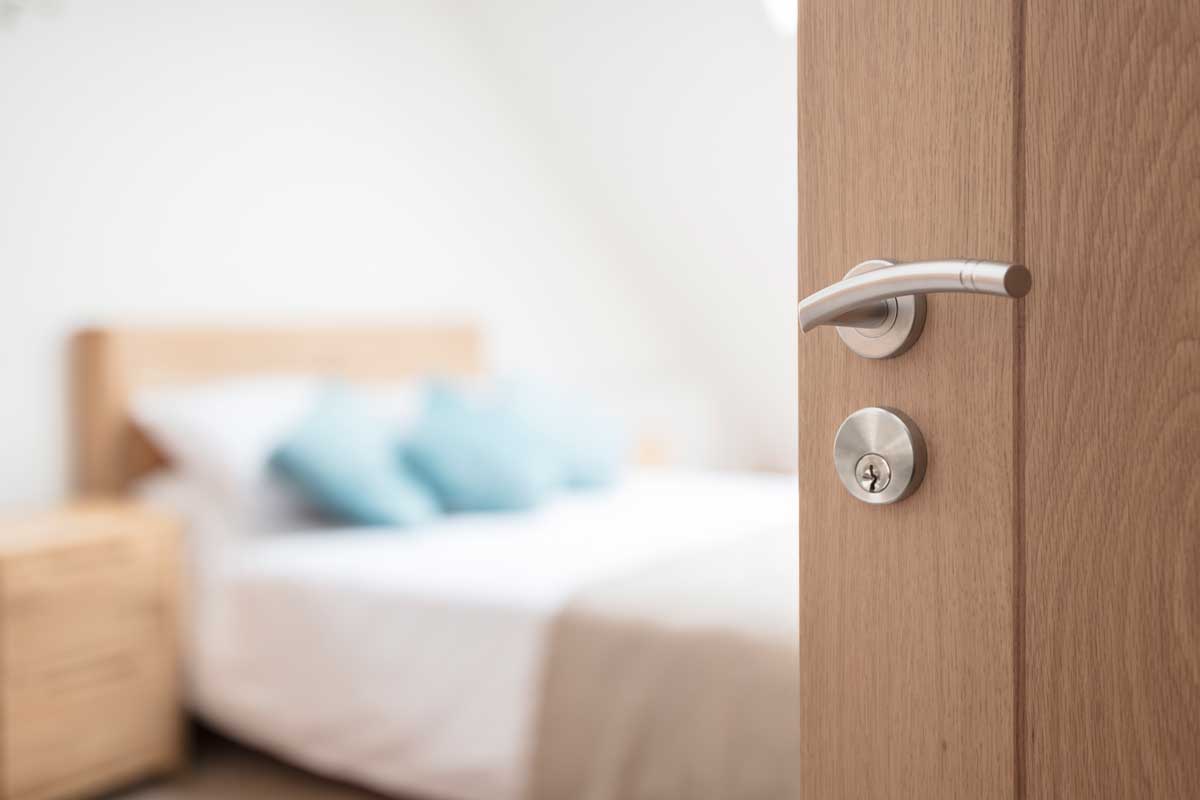

Interior Design
Should You Sleep With Your Bedroom Door Open?
Modified: December 7, 2023
Discover the impact of sleeping with your bedroom door open on interior design. Learn the pros and cons to make an informed decision and create a peaceful sleep environment.
(Many of the links in this article redirect to a specific reviewed product. Your purchase of these products through affiliate links helps to generate commission for Storables.com, at no extra cost. Learn more)
Introduction
When it comes to creating a peaceful and restful environment in our homes, the bedroom plays a crucial role. It is the place where we seek solace, unwind, and recharge our bodies and minds after a long day. One of the factors that can greatly impact the quality of our sleep is whether we choose to sleep with our bedroom door open or closed.
While this may seem like a trivial decision, it can actually have a significant effect on the overall ambience and safety of our sleeping space. In this article, we will explore the pros and cons of sleeping with our bedroom door open and provide insights to help you make an informed decision.
Key Takeaways:
- Sleeping with the bedroom door open can improve airflow, natural light, and a sense of connectedness, but may lead to noise disturbances, reduced privacy, and security concerns. Consider alternative options for a balanced sleep environment.
- Consider the benefits of sleeping with the bedroom door closed, such as enhanced privacy, reduced noise, and added security. Balance personal comfort, safety, and sleep quality to create a tranquil and comfortable sleep environment.
Read more: Organizing Your Bedroom For Better Sleep
Importance of Bedroom Doors
Bedroom doors serve a variety of important functions beyond just separating different areas of our homes. They provide privacy, control noise levels, and act as a barrier between the outside world and our personal sanctuary. Understanding the significance of bedroom doors can help us make informed choices about whether to keep them open or closed during sleep.
Privacy is one of the primary reasons why bedroom doors are crucial. They give us a sense of security and seclusion, allowing us to feel comfortable and at ease in our personal space. Whether we live alone or share our homes with others, having the option to close our bedroom door ensures that our personal activities remain private and undisturbed.
Additionally, bedroom doors play a vital role in managing noise levels. Closing the door can help dampen external sounds, such as traffic or conversations happening in other parts of the house, ensuring a quieter and more peaceful sleep environment. This is particularly important for light sleepers or individuals who live in noisy neighborhoods.
Moreover, bedroom doors act as a physical barrier to dust, allergens, and other particles that may circulate throughout the house. By keeping the door closed, we can reduce the amount of airborne particles that enter our sleeping space, contributing to a cleaner and healthier environment.
Lastly, from a design perspective, bedroom doors add to the aesthetic appeal of our living spaces. They can be customized to match the overall interior design theme of our home, providing a cohesive and visually pleasing look.
Considering these various factors, it becomes evident that bedroom doors serve a significant purpose in creating an optimal sleeping environment. However, the question remains: should we sleep with our bedroom door open or closed? To answer this, let’s delve into the benefits and drawbacks of sleeping with the door open.
Benefits of Sleeping with Bedroom Door Open
Sleeping with the bedroom door open can offer several advantages that contribute to a more comfortable and restful sleep experience. Let’s explore some of the benefits:
- Better airflow and ventilation: Keeping the bedroom door open allows for better air circulation and ventilation. This can be especially beneficial during warmer months when fresh air is essential for a comfortable sleep environment. Improved airflow can help regulate temperature and reduce the need for artificial cooling methods, such as fans or air conditioning.
- Natural light: Allowing natural light to enter the bedroom can have positive effects on our sleep-wake cycle. Exposure to sunlight in the morning can help signal our body to wake up and boost our mood and energy levels. Keeping the bedroom door open throughout the day promotes the inflow of natural light, ensuring a brighter and more energizing environment.
- Sense of connectedness: Sleeping with the door open can create a sense of connectedness to the rest of the house. It eliminates the feeling of isolation and helps us feel more integrated with our living space. This can be particularly comforting for individuals who may experience anxiety or fear when sleeping alone.
- Emergency awareness: In case of an emergency, such as a fire or a medical situation, having the bedroom door open can allow for quicker awareness and response. It allows sound and visual cues to reach us more easily, increasing the chances of a timely reaction and evacuation if necessary.
- Pet companionship: For those who have furry companions that they allow in the bedroom, keeping the door open allows pets to come and go freely. This can enhance the feeling of relaxation and security, knowing that our beloved pets can stay close and provide a sense of comfort during the night.
While these benefits may make sleeping with the bedroom door open seem appealing, it’s important to consider the potential drawbacks as well. We’ll explore these in the next section.
Drawbacks of Sleeping with Bedroom Door Open
While sleeping with the bedroom door open can offer certain advantages, it is important to be aware of the potential drawbacks that may arise. Let’s explore some of the challenges associated with leaving the bedroom door open during sleep:
- Noise and disturbances: Keeping the bedroom door open may increase the potential for noise disturbances from other areas of the house. This can be particularly problematic if you live with family members or roommates who have different sleep schedules or engage in activities that generate noise. The lack of privacy and increased exposure to household sounds can disrupt your sleep and lead to poor sleep quality.
- Reduced privacy: Sleeping with the bedroom door open may compromise your sense of privacy. If you live with others or have guests in your home, an open door may invite unwanted interruptions or distractions. Maintaining a closed door offers a greater sense of personal space and boundaries, allowing you to fully relax and unwind without concerns about being observed or interrupted.
- Increased exposure to allergens and pollutants: Leaving the bedroom door open can allow dust, allergens, and other pollutants to enter your sleeping space. This is especially relevant if you have pets, live in an area with high levels of outdoor pollutants, or if other areas of the house are prone to dust accumulation. Closed doors provide a barrier against such particles, promoting a cleaner and healthier sleeping environment.
- Security and safety concerns: While it is essential to be aware of potential emergencies, keeping the bedroom door open may compromise your overall security and safety. It creates easier access for intruders or unauthorized individuals to enter your sleeping space. Additionally, a closed door can act as a barrier against smoke and fire, providing you with additional time to safely evacuate in case of an emergency.
Consider these potential drawbacks when deciding whether to sleep with your bedroom door open or closed. It is important to prioritize your personal comfort, safety, and sleep quality.
Keeping your bedroom door open while you sleep can improve air circulation and help regulate the temperature in your room. This can lead to a more comfortable and restful sleep.
Safety Considerations
When it comes to the safety of our sleeping environment, there are important factors to consider in relation to whether we should sleep with our bedroom door open or closed. Let’s explore some key safety considerations:
- Fire safety: In the event of a fire, a closed bedroom door can act as a barrier, limiting the spread of smoke and flames into your sleeping space. This can provide valuable extra time to escape and seek safety. The National Fire Protection Association (NFPA) recommends sleeping with bedroom doors closed as a safety precaution.
- Security: Leaving the bedroom door open can increase the potential for unauthorized access to your sleeping space. This may pose a security risk, especially if you live in an area with a higher crime rate. Keeping the door closed adds an additional layer of security, protecting your personal belongings and ensuring your privacy.
- Pet safety: If you have pets in your home, it is important to consider their safety as well. Keeping the bedroom door closed can prevent them from wandering into potentially hazardous areas or getting into items that may be harmful to them. It also ensures they remain confined to a designated space during the night, reducing the risk of accidents or disturbances.
- Emergency response: While sleeping with the bedroom door closed can provide safety benefits, it is crucial to have a plan in place for emergency situations. This includes having working smoke detectors in the house, establishing escape routes, and practicing fire drills regularly. Ensuring that all family members are familiar with the emergency plan can help mitigate safety risks.
Keeping these safety considerations in mind, it is important to strike a balance between personal comfort and safety when deciding whether to sleep with your bedroom door open or closed. Evaluating your specific living situation, potential risks, and personal preferences is key to making an informed decision.
Read more: Style Your Bedroom For Better Sleep
Alternative Options for Better Sleep
If you’re unsure about whether to sleep with your bedroom door open or closed, or if neither option seems ideal for your circumstances, there are alternative options that can help promote a better sleep environment. Consider these alternatives:
- Use a white noise machine or earplugs: If noise disturbances are a concern, using a white noise machine or wearing earplugs can help drown out unwanted sounds and create a more peaceful sleeping environment. These devices can help mask external noises and promote a restful sleep.
- Invest in blackout curtains: If you prefer your bedroom to be dark during sleep, even with the door open, investing in blackout curtains can help block out external light sources. These curtains are designed to reduce sunlight and streetlight penetration, creating a darker sleeping environment that promotes better sleep quality.
- Consider a bedroom divider: If you value privacy but still want to allow for airflow and a sense of openness, using a bedroom divider can be a practical solution. These dividers create a visual separation while still allowing for ventilation, providing a compromise between having the door open or closed.
- Improve air circulation: If you’re concerned about airflow and ventilation, ensure that your bedroom is well-ventilated. Open windows during the day to allow fresh air in, use a fan or air purifier to improve air circulation, and consider adding houseplants that can contribute to better indoor air quality.
- Create a nighttime routine: Establishing a consistent nighttime routine can help signal to your body that it’s time to relax and prepare for sleep. This can include activities such as reading a book, practicing relaxation techniques, or taking a warm bath. By allowing yourself time to wind down before bed, you can promote a more restful sleep regardless of whether the bedroom door is open or closed.
Remember, everyone’s sleep preferences and needs are different, so it’s important to find the option or combination of options that work best for you. Prioritize creating a tranquil and comfortable sleep environment to ensure you wake up feeling refreshed and rejuvenated each morning.
Conclusion
The decision of whether to sleep with your bedroom door open or closed is a personal one that depends on various factors, including individual preferences, safety considerations, and the overall sleep environment. Understanding the importance of bedroom doors and weighing the benefits and drawbacks can help you make an informed choice that promotes a restful sleep experience.
If you choose to sleep with the bedroom door open, you may enjoy improved airflow, natural light, and a sense of connectedness to the rest of your home. However, be mindful of potential noise disturbances, reduced privacy, increased exposure to allergens, and compromised security. Implementing alternative options, such as using a white noise machine or blackout curtains, can help mitigate some of these challenges.
On the other hand, sleeping with the bedroom door closed offers enhanced privacy, reduced noise, and an additional layer of security. It can be particularly beneficial in terms of fire safety, pet safety, and creating a secluded sleep environment. However, be aware that it may limit airflow and natural light, and some individuals may feel more isolated or claustrophobic with a closed door.
Ultimately, finding the right balance between personal comfort, safety, and sleep quality is key. Consider alternative options, such as using dividers or improving air circulation, to create a sleep environment that caters to your specific needs and preferences.
Remember, the most important aspect is to prioritize your sleep and well-being. Whether you choose to sleep with your bedroom door open or closed, aim to create a peaceful sanctuary that promotes restful sleep and sets the stage for a rejuvenating start to each day.
Frequently Asked Questions about Should You Sleep With Your Bedroom Door Open?
Was this page helpful?
At Storables.com, we guarantee accurate and reliable information. Our content, validated by Expert Board Contributors, is crafted following stringent Editorial Policies. We're committed to providing you with well-researched, expert-backed insights for all your informational needs.
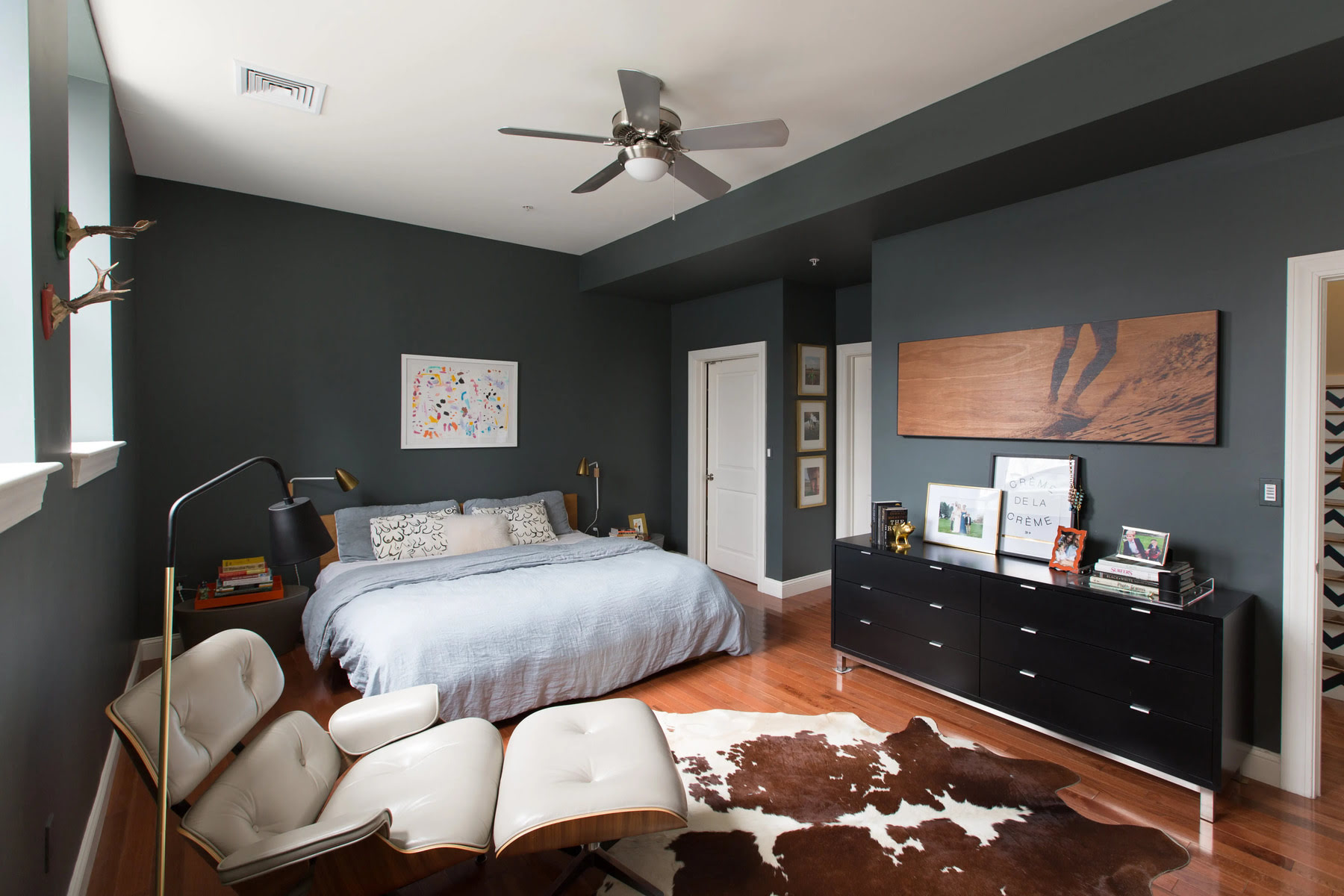
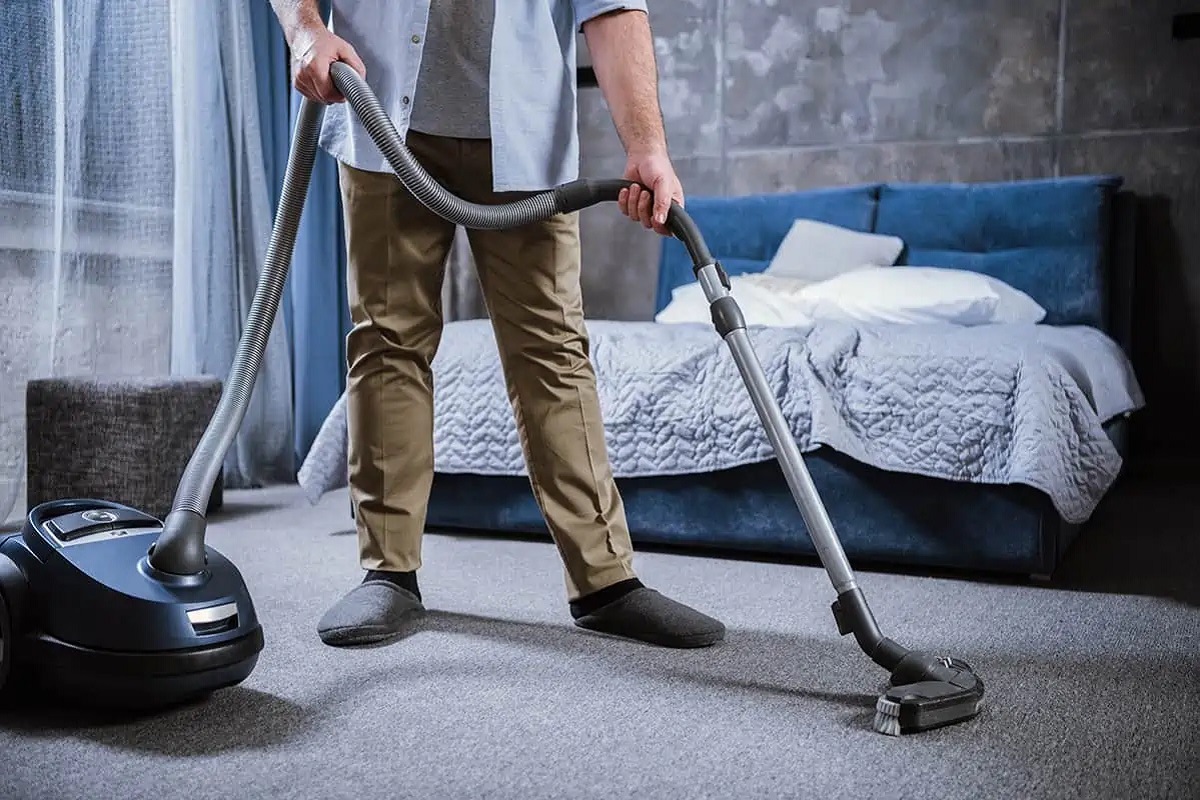
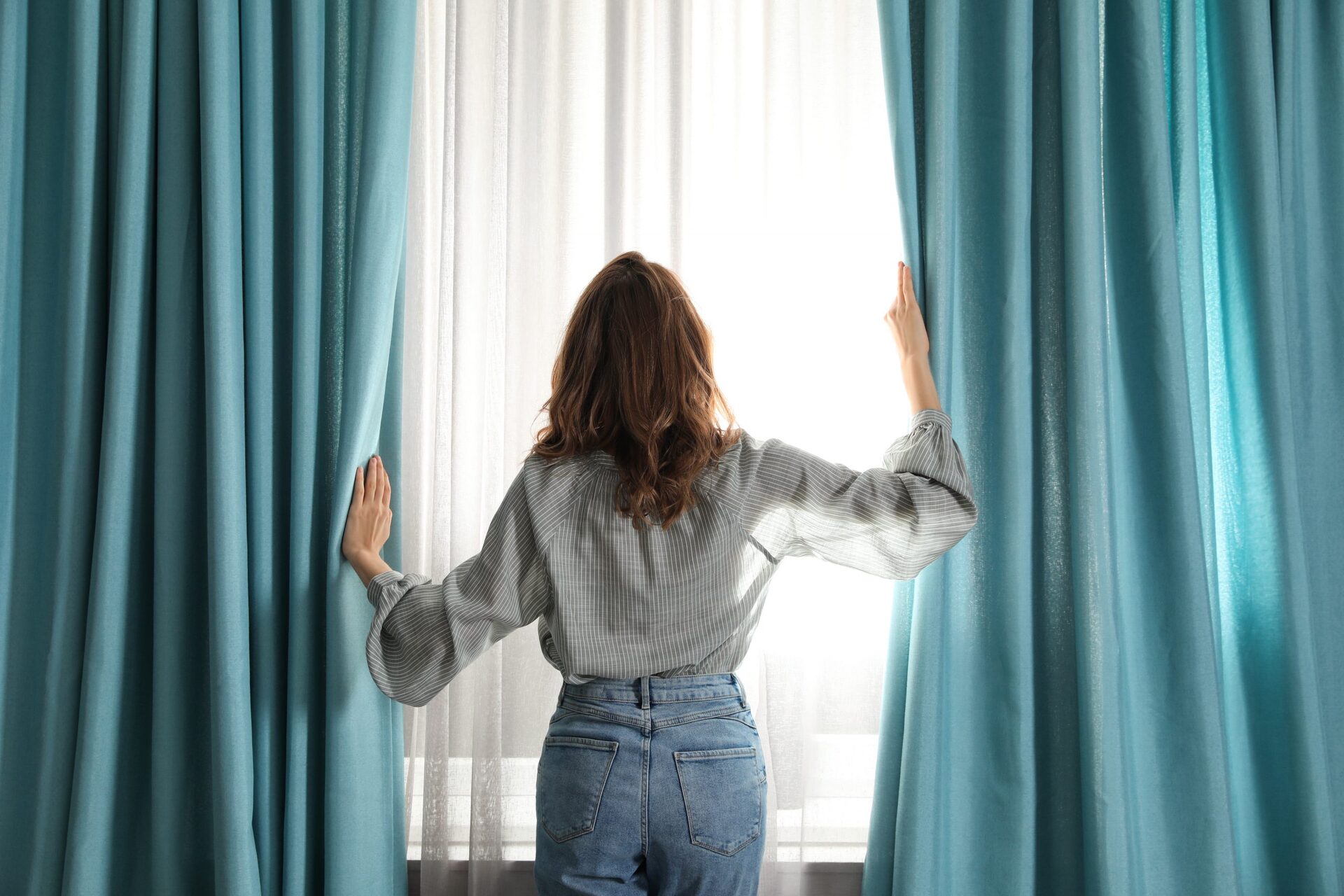

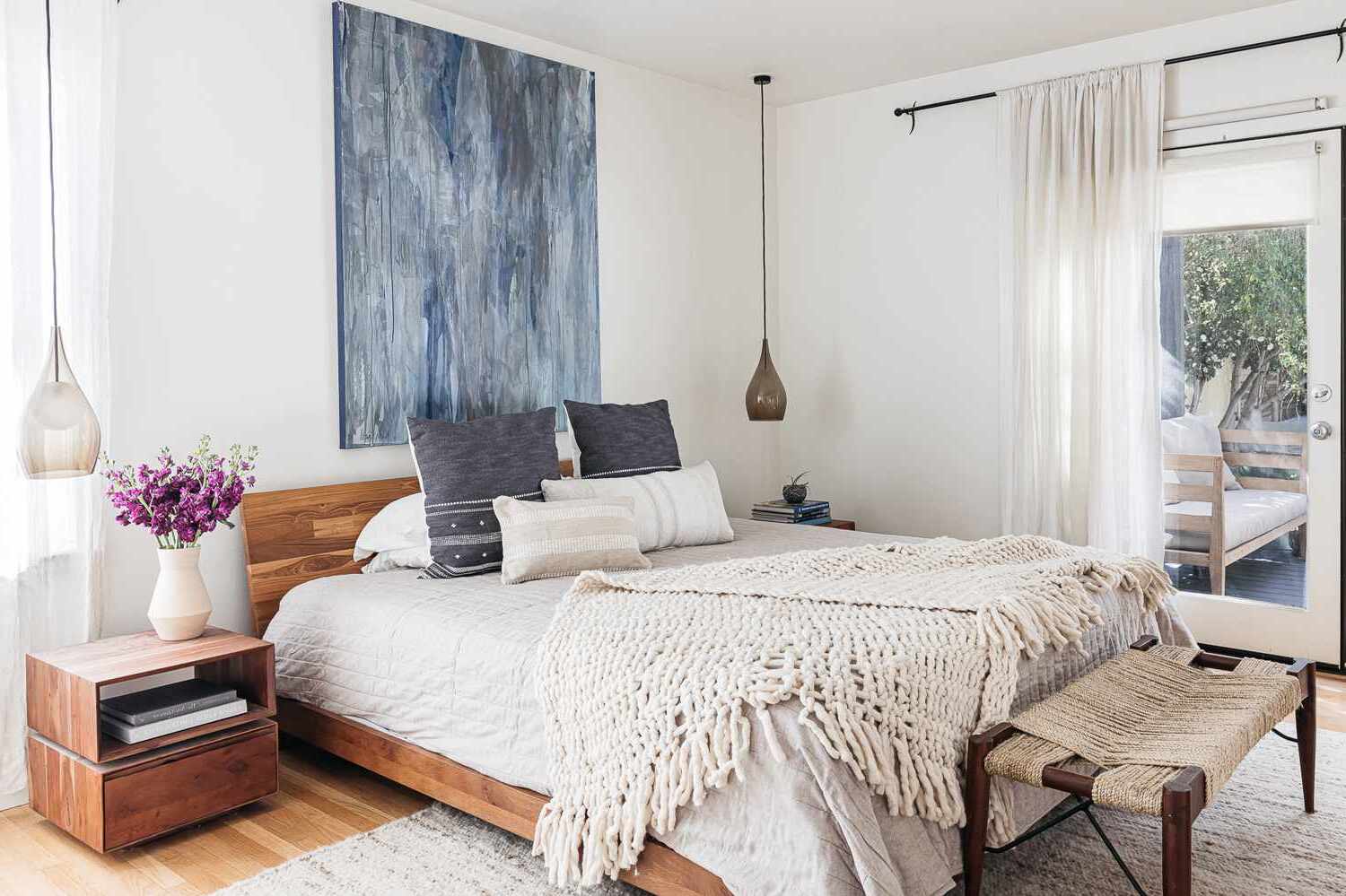
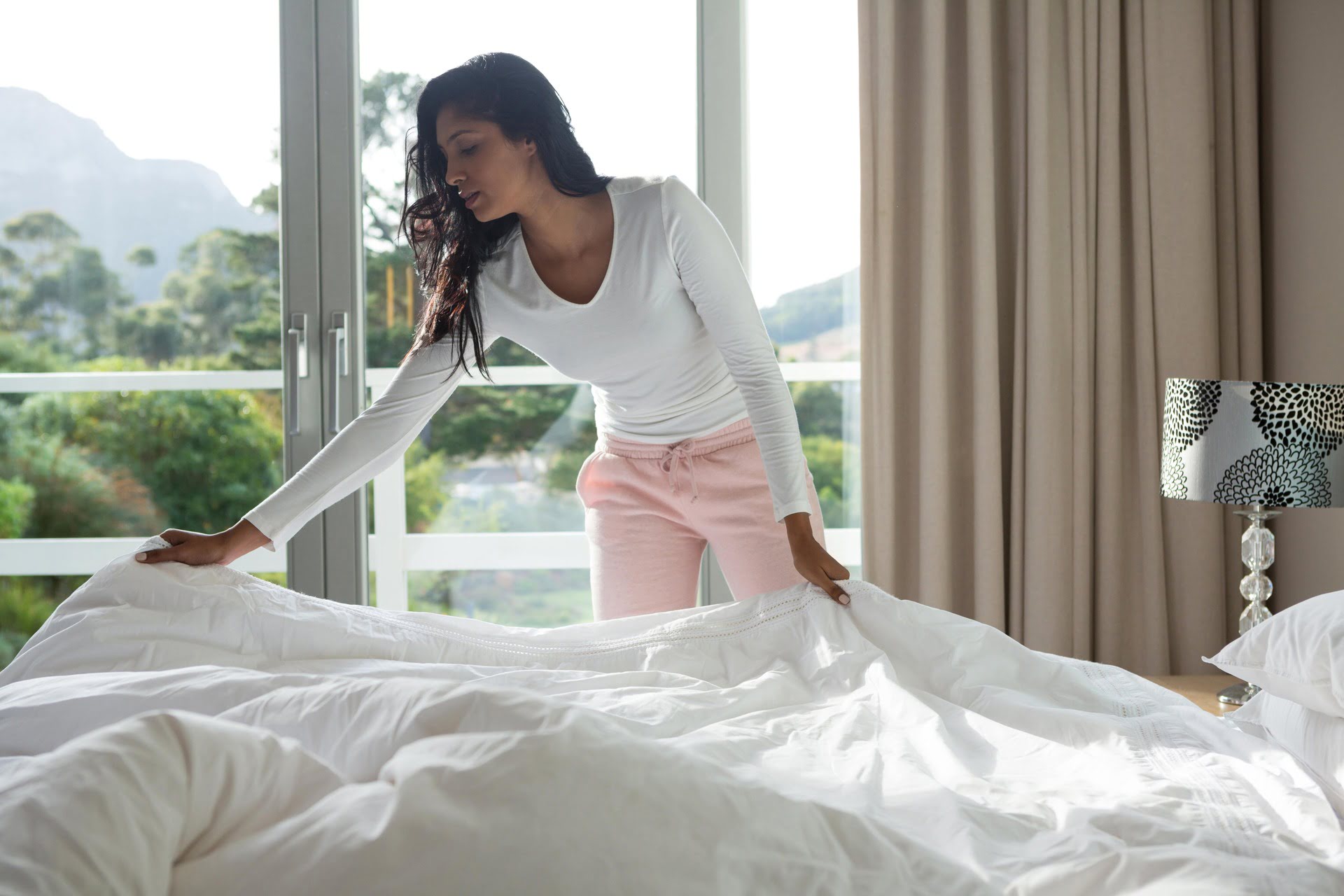
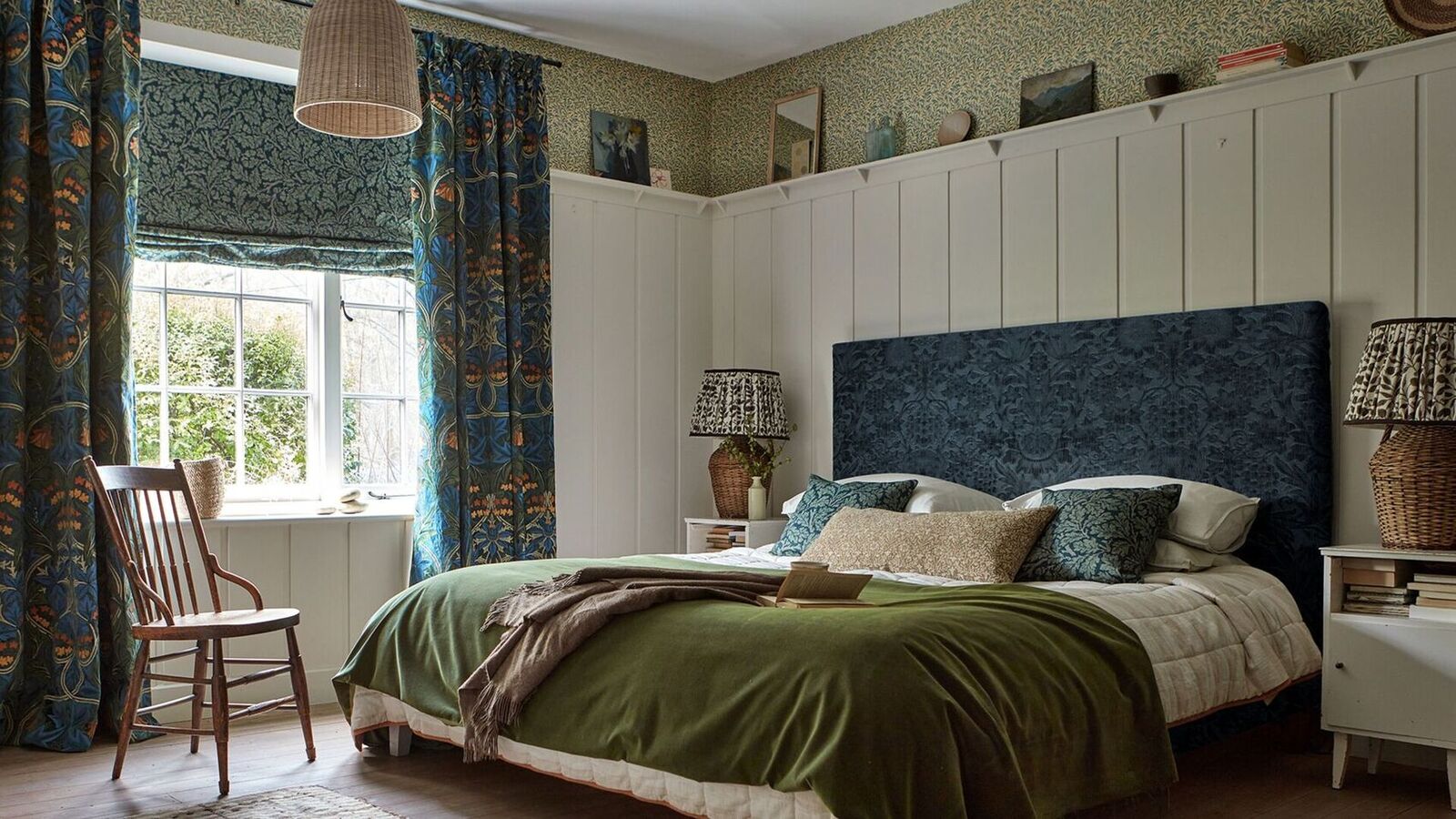


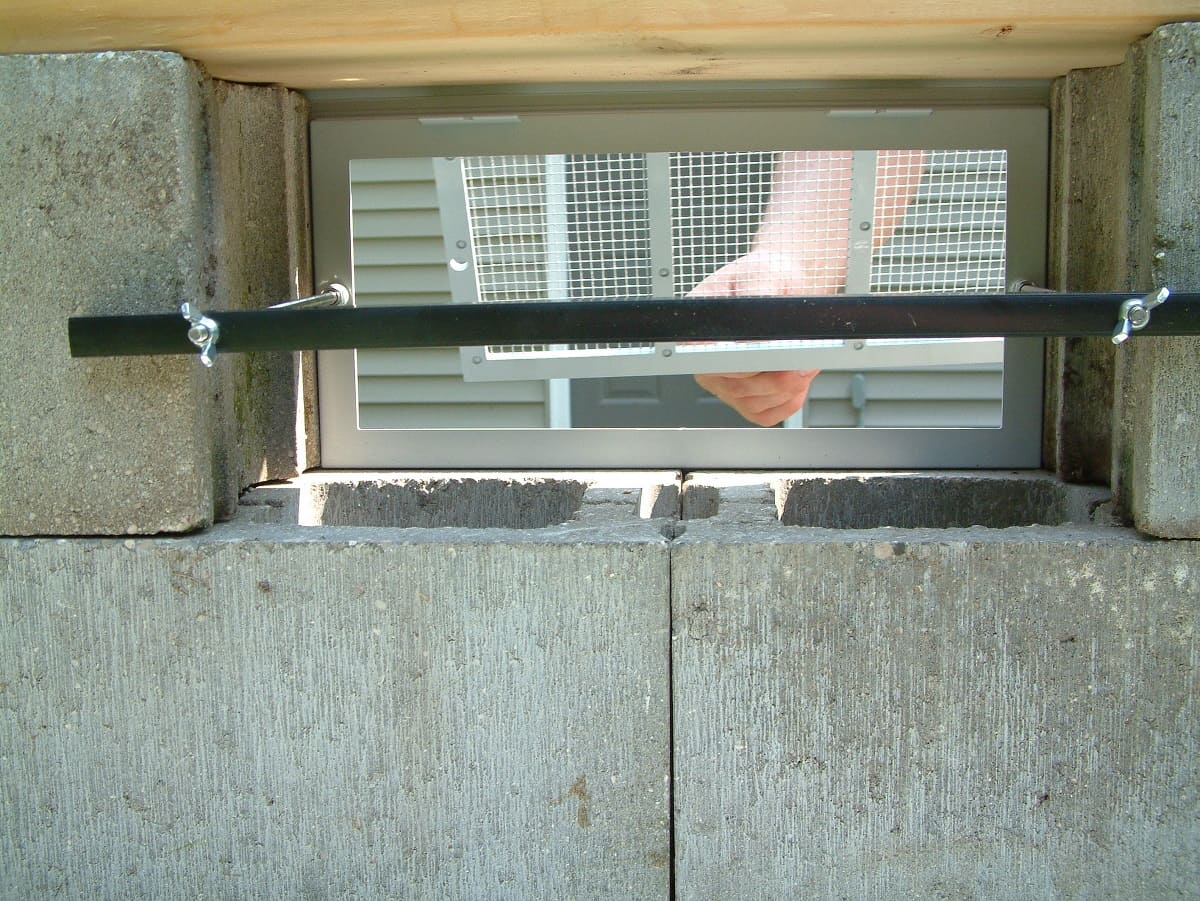

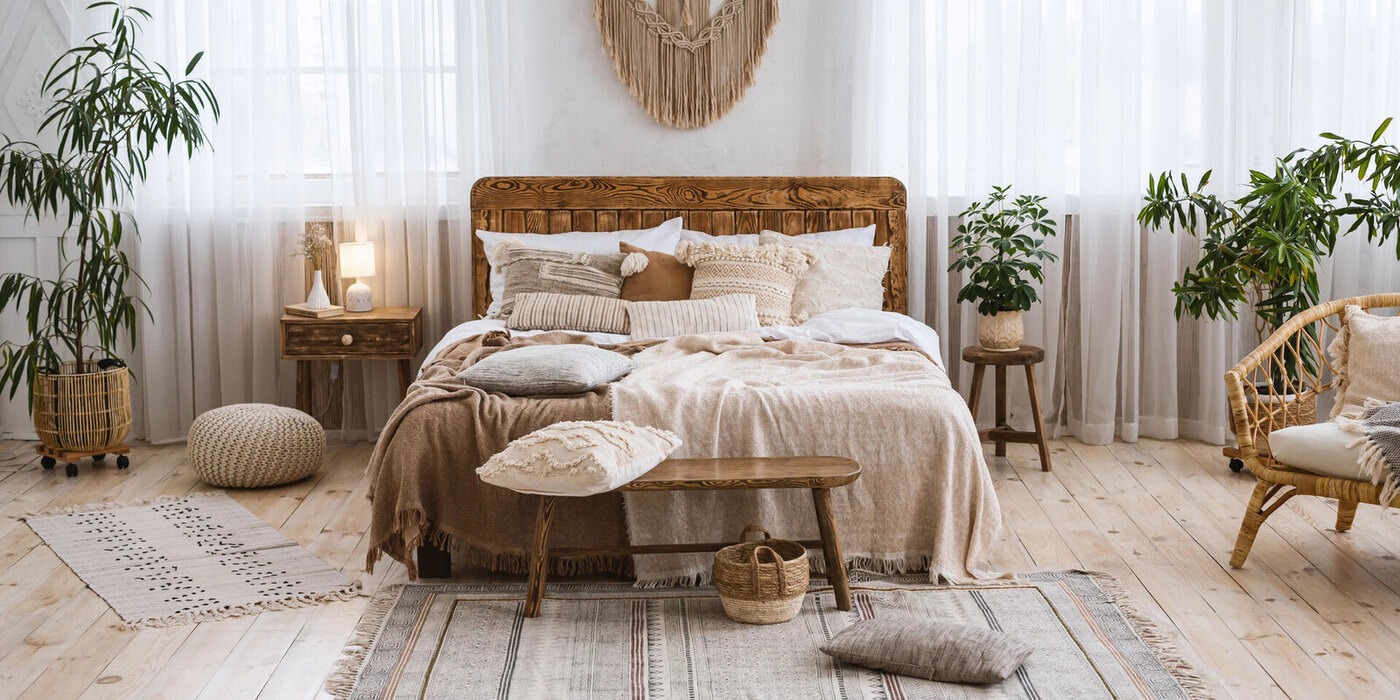

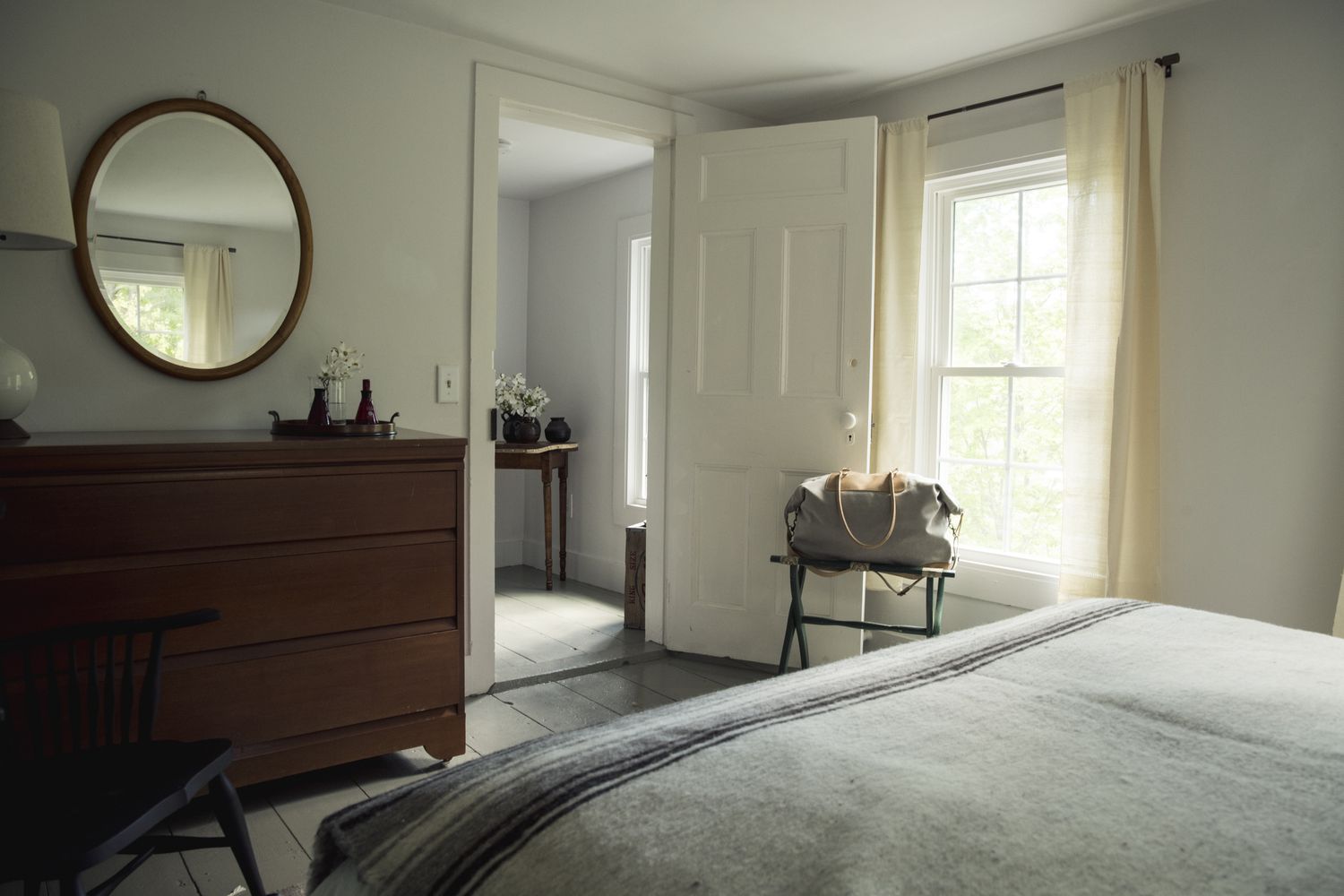

0 thoughts on “Should You Sleep With Your Bedroom Door Open?”